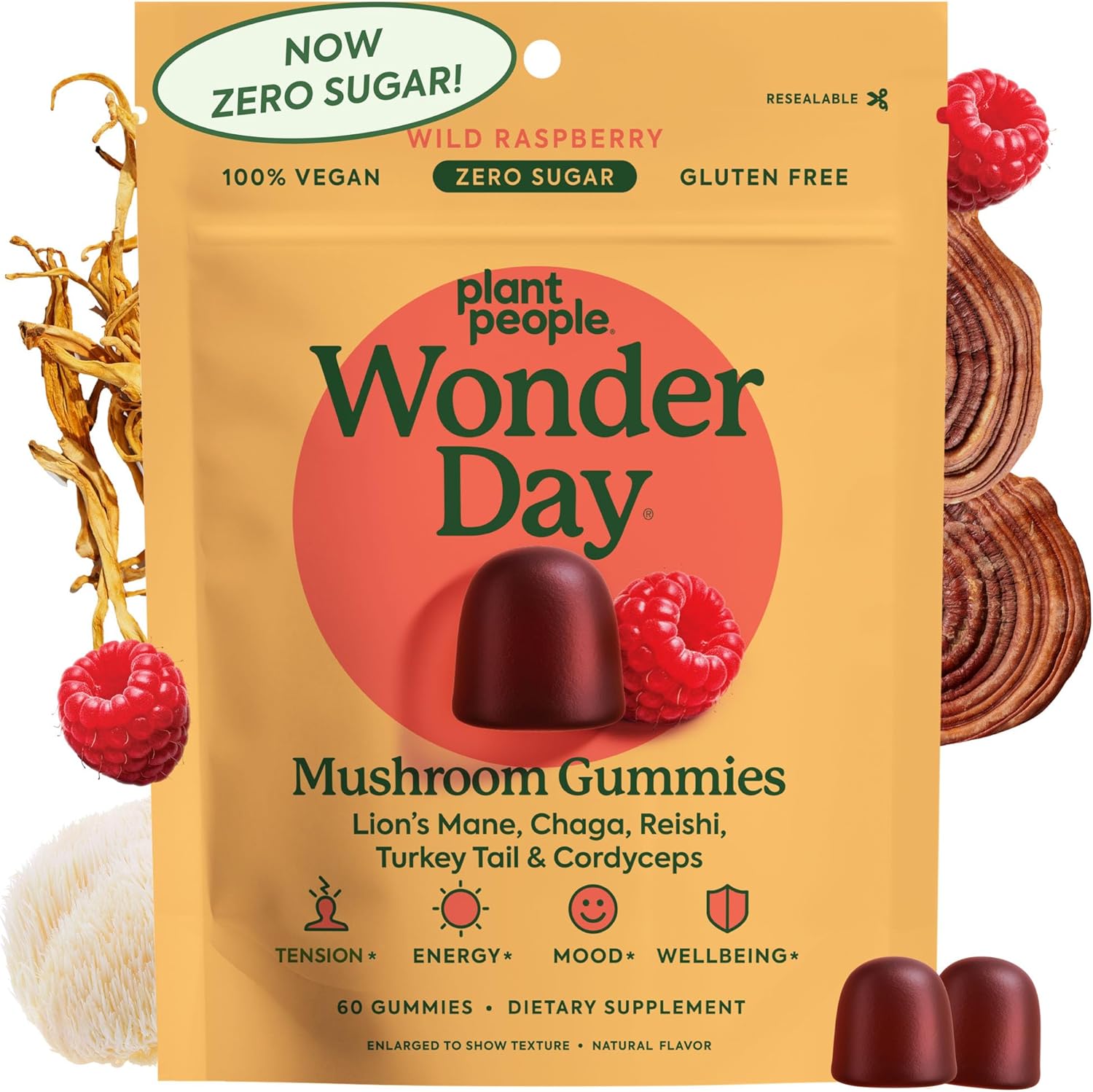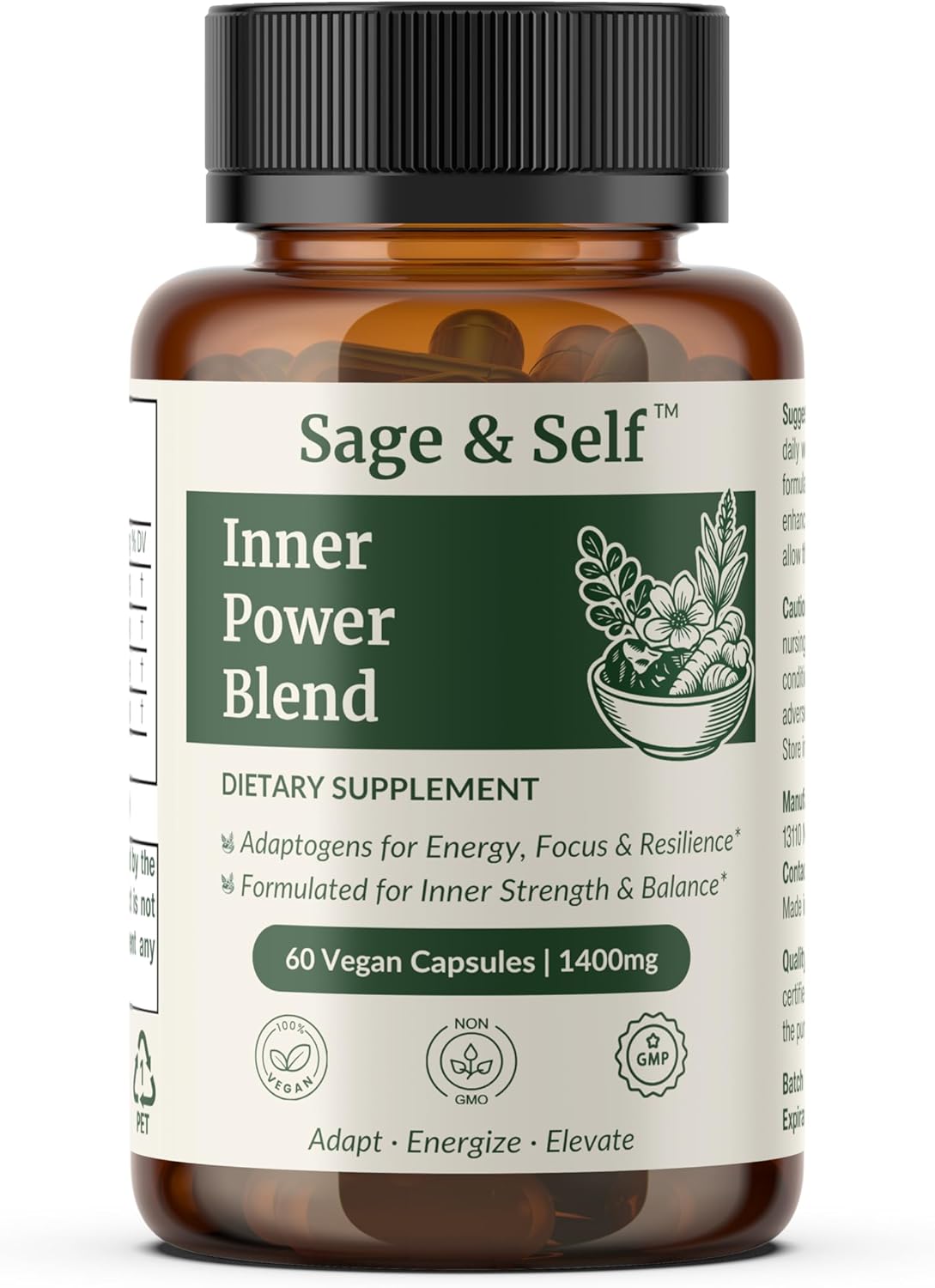In today’s fast-paced world, we often find ourselves exposed to an array of pathogens and stressors that challenge our immune system’s effectiveness. Understanding the science behind how to enhance your immune response can make a crucial difference in maintaining your health. This article will unravel the complex workings of the immune system and offer practical tips to boost its function.
What is the Immune System?
Your immune system is a sophisticated network of cells, tissues, and organs that work together to defend your body against harmful invaders, such as bacteria, viruses, and parasites. Essentially, it acts as your body’s defense system, identifying and eliminating threats before they can cause significant harm.
How Does the Immune System Work?
The immune system can be divided into two main types: innate immunity and adaptive immunity.
Innate Immunity
This is your body’s first line of defense. Examples include physical barriers like skin and mucus, as well as immune cells like macrophages and neutrophils that attack invaders on contact. This response is immediate but not specific to the particular pathogen invading your body.
Adaptive Immunity
This part of the immune system is more specialized and includes lymphocytes like B cells and T cells. Adaptive immunity takes longer to respond but provides a stronger, more targeted attack against specific pathogens.
Factors Affecting Immune Function
Several factors can weaken the immune system, including:
- Poor Nutrition: A diet lacking essential nutrients can impair the immune response.
- Stress: Chronic stress can reduce your immune function.
- Sleep Deprivation: Sleep is essential for immune regeneration.
- Lack of Exercise: Regular physical activity boosts your immune health.
Supercharging Your Immune System: Strategies and Recommendations
Now that we understand the basics of the immune system and what can weaken it, let’s explore scientifically-backed strategies for enhancing your immunity.
1. Nutrition: Fueling Your Immune Response
Nutrition plays a crucial role in immune health. A balanced diet rich in fruits, vegetables, lean proteins, and healthy fats can provide the necessary nutrients for optimal immune function.
- Vitamin C: Found in citrus fruits, strawberries, bell peppers, and broccoli, Vitamin C is a powerful antioxidant that protects against oxidative stress.
- Vitamin D: Typically synthesized from sunlight, it can also be found in fortified foods and fatty fish. Vitamin D is vital for activating immune cells.
- Zinc: This mineral improves immune function and is found in meat, shellfish, legumes, seeds, and nuts.
2. Hydration: The Unsung Hero
Proper hydration is often overlooked but plays a significant role in immune function. Water helps flush out toxins and enables nutrients to circulate through the body efficiently. Aim for at least 8 glasses of water daily, adjusting for activity level and climate.
3. Exercise: Get Moving!
Regular physical activity is not only beneficial for physical health but also enhances immune function. Exercise promotes good circulation, which helps to transport immune cells throughout your body, ensuring quicker responses to threats.
4. Stress Management Techniques
Chronic stress produces a hormone called cortisol, which can significantly weaken your immune response. Techniques such as meditation, deep-breathing exercises, yoga, and mindfulness can help reduce stress levels.
5. Quality Sleep: Repair and Regenerate
Your body needs quality sleep to repair itself and bolster immunity. Aim for 7-9 hours of uninterrupted sleep each night. Creating a calming bedtime routine and minimizing screen time can improve your sleep quality.
6. Probiotics and Gut Health
The gut houses a large portion of your immune system. Incorporating probiotics through fermented foods (like yogurt, sauerkraut, and kimchi) can promote the growth of beneficial gut bacteria, enhancing your overall immunity.
Supplements to Consider
In addition to dietary changes, some individuals may benefit from supplements to further enhance their immune system:
- Vitamin C: While best obtained from food, high doses can be taken as a supplement during periods of increased illness.
- Vitamin D: Particularly essential in winter months or if you have limited sun exposure.
- Zinc: Effective in supporting immune functions.
- Probiotics: Supplements that contain strains like Lactobacillus and Bifidobacterium.
Conclusion
Supercharging your immune system is not merely about avoiding illness but investing in your overall health. By making mindful dietary choices, managing stress, and prioritizing physical activity and sleep, you harness the power to elevate your immune function. Remember, a robust immune system is built over time. Stay consistent, stay healthy, and empower your body to defend itself against the challenges of the day.
FAQs
1. Can I boost my immune system overnight?
No, boosting your immune system takes time and requires consistent lifestyle habits. Quick fixes do not exist; however, immediate actions such as getting enough sleep and hydration can help your body function better.
2. Are there specific foods I should avoid for better immune health?
Limit processed foods, excess sugars, and trans fats as they can lead to inflammation and may weaken your immune system.
3. How does exercise affect the immune system?
Regular moderate exercise helps to improve circulation, reduce inflammation, and increase the production of immune cells, all of which significantly enhance immune function.
4. Can supplements replace a healthy diet?
Supplements can help fill nutritional gaps but should not replace a well-balanced diet rich in whole foods.
5. How can I tell if my immune system is weak?
Frequent illnesses, prolonged recovery times, and low energy levels can indicate a compromised immune system. If you have concerns, consult a healthcare professional.





